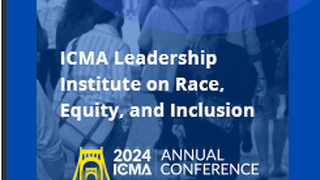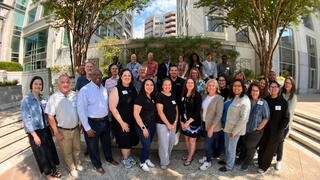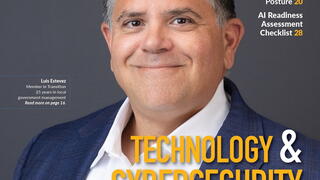
Presentation at the 110th Annual Conference in Pittsburgh, Allegheny County, PA
Policy proposal submitted by Khamani (Gigi) Williamson Tackling Wicked Problems Policy Summit.
Policy proposal submitted by Ryan Witten for the Tackling Wicked Problems Policy Summit.
Policy proposal submitted by students from UNC at Chapel Hill for the Tackling Wicked Problems Policy Summit.
Policy proposal submitted by Zamaria Ball for the Tackling Wicked Problems Policy Summit.

A Legacy of Diversity in Leadership of Local Government
Local Governments of any budget or population can improve their digital presence to be DOJ compliant.

Find ample opportunities on the agenda to connect with peers, ICMA staff, and partners working on EMO issues.

